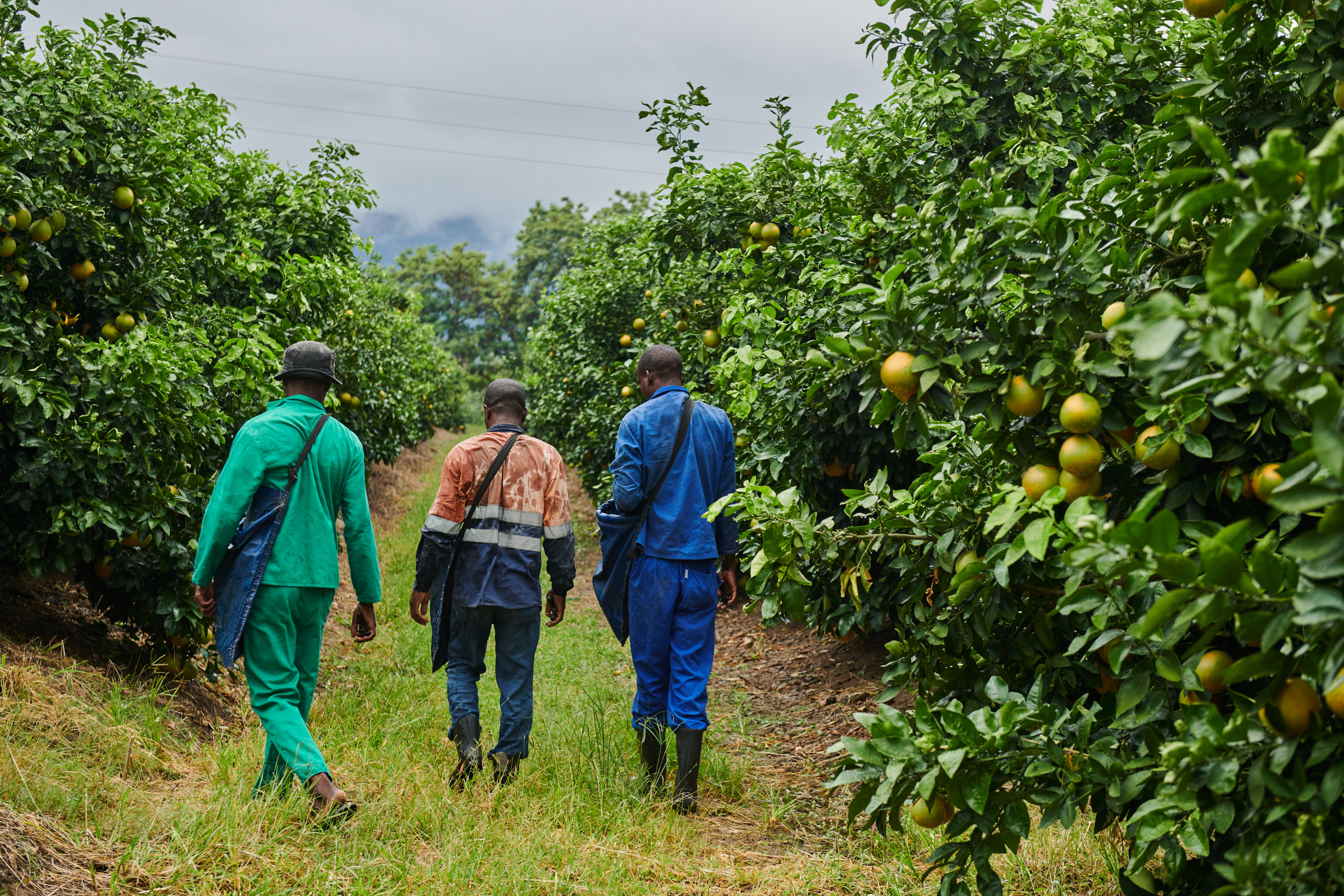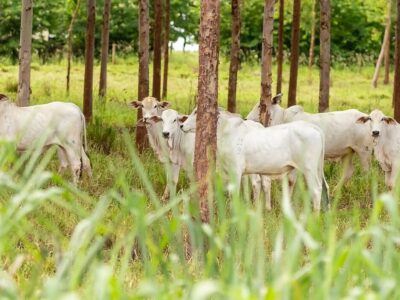(Bloomberg) —
The World Bank is set to double farming investments as it seeks to transform the agriculture sector amid climate risks and emerging job gaps in the developing world.
The Washington-based lender will increase its agricultural finance and agribusiness commitments to $9 billion a year by the end of the decade, said President Ajay Banga. It also wants to mobilize businesses to increase investments to $5 billion in 2030, according to a speech prepared for an event in Washington Wednesday.
Agriculture is increasingly vulnerable to climate risks while acting as a significant driver of emissions. New tools are enabling private capital to flow to the sector, while digital progress and supplier organizations can help ensure finance reaches more farmers. All these shifts have the potential to reshape the farm sector, making it the right moment for a new approach for the World Bank, Banga said.
“Quality of life improves as agricultural productivity increases,” Banga said. “Climate-smart production practices mean fewer emissions and cleaner air.”
Since taking over the World Bank last year, Banga has focused on mobilizing capital from the private sector to magnify the impact of its development lending, including for climate change adaptation and the transition to clean energy.
Now, the bank is taking “a new strategic approach” to agribusiness at a time when food demand is set to rise by more than 50% in the coming decades, he said. It wants to create a comprehensive “ecosystem for agribusiness” with smallholder farmers and producer organizations at the center.
Banga also said transforming agribusiness is fundamentally a jobs initiative. In the next decade, some 1.2 billion young people in developing countries will enter the workforce, yet only 420 million jobs are projected to be available.
“The rise of a thriving agriculture industry brings the promise of a better life,” Banga said. “By transforming agriculture and agribusiness, we can create the food system of tomorrow, raise living standards, and create jobs.”
© 2024 Bloomberg L.P.





